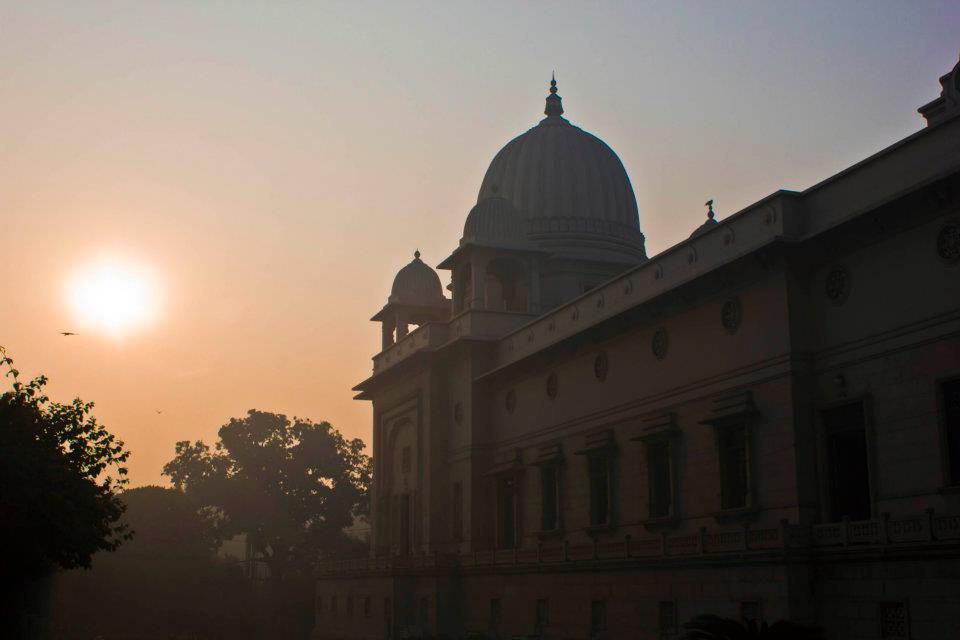Stabilising the Mind in God: The Twelfth Chapter of the Bhagavadgita: 2. Swami Krishnananda.
Thursday 26, September 2024, 06:15.
Article
Scripture
Stabilising the Mind in God: 2.
The Twelfth Chapter of the Bhagavadgita:
Swami Krishnananda
(Spoken on June 26, 1983)
=====================================================================================
The first sloka, therefore, pitching itself on the ultimate nature of God, which is supreme absoluteness and nonrelative omnipresence, requires us to practise what the Yoga Vasishtha calls brahma abhyasa. The Yoga Vasishtha has a particular name for this practice. It is called brahma abhyasa, and sometimes it is also called atma abhyasa. This verse that comes in the Yoga Vasishtha is repeated verbatim in the Panchadasi by Sage Vidyaranya.
Tat chintanam tat kathanam anyonyam tat prabodhanam, eta deka paratvam ca m vidur budhah (Panchadasi 7.106).
What is brahma abhyasa? The practice of the presence of God is called brahma abhyasa. Tat chintanam: brooding over only that – that, and nothing else. Day in and day out, as long as you are conscious and awake, think only that, and nothing else.
Tat kathanam: If you meet anybody, speak only on this topic, and speak nothing else. Do not speak on any other topic except this. Anyonyaṁ tat prabodhanam: Awaken yourselves mutually on this topic by discourse and conversation. Ask someone, “Oh, how do you do it, my dear friend?” And he will ask you, “How do you do it?” So you will mutually benefit by classroom consultation, as it were. This is anyonyam tat prabodhanam.
Eta deka paratvam ca: You are convinced that you have no other way. This is the only way, and every other way has failed. You have tried every method of saving yourself. Every other method has left you, and no hope is there from anything in this world. The whole world is cracking under your foot and there is nothing to support you. Your only saviour is this. This is my only support, this is my sustenance, this is my friend, this is my delight, this is my very breath. This conviction is eta deka paratvaṁ. This is called brahma abhyasa. Day in and day out chat, talk, discourse, think, meditate, cry aloud: only this, only this, and nothing but this. This is a state of what is called God-intoxication, the madness of being possessed by God. Such a thing is perhaps indicated in this original admonition to us: Root your mind only in God and think nothing else.
Hard is this prescription. So Bhagavan Sri Krishna, who is the spokesman of eternity speaking to all mankind, knows your difficulty. How is this puny, finite, located mind of man to contemplate the all-pervading Absolute, though this is the only solution and there is nothing else? Is this possible for me?
Before listening to what Arjuna has to say in this regard, the good teacher that Sri Krishna was says, “If you cannot do this, I shall tell you another, easier method.” How could we think of omnipresence? We will melt away into liquid in a moment if we start thinking in this manner. We will not be there at all. We will expire like burnt camphor. Who will tolerate this predicament? We cannot imagine this possibility. “All right, leave it. If you cannot do this, I shall suggest to you another way.”
Continued












Comments
Post a Comment